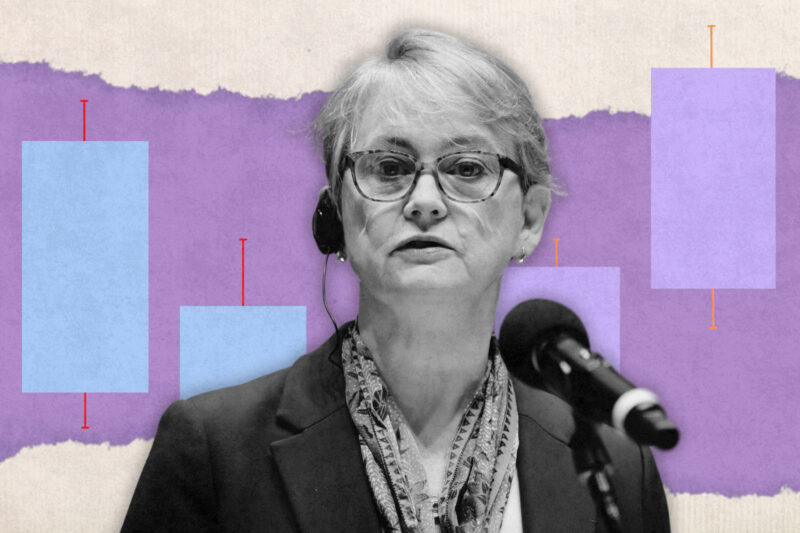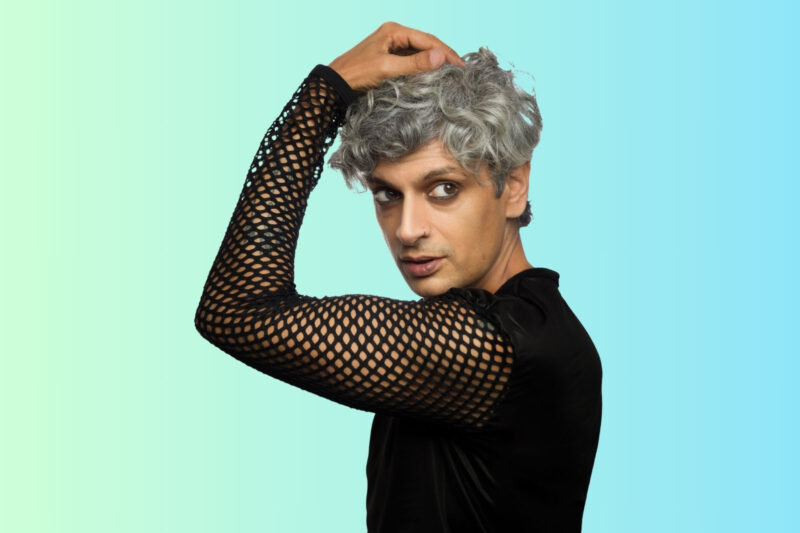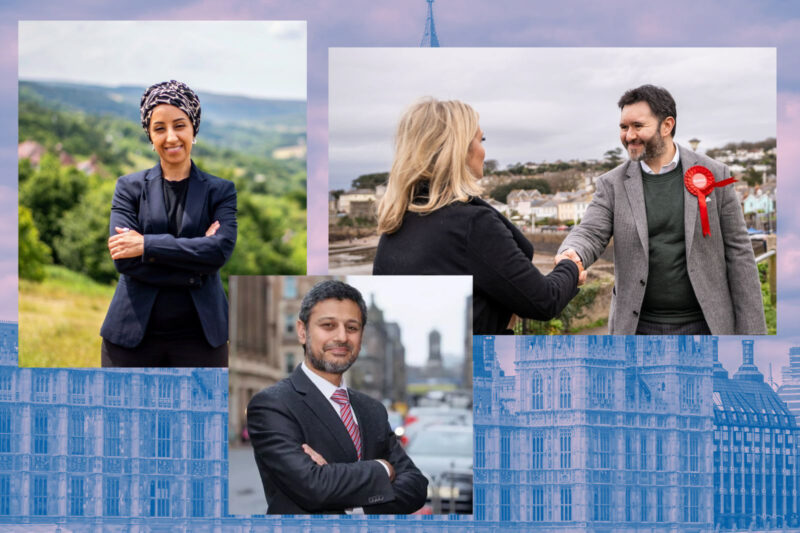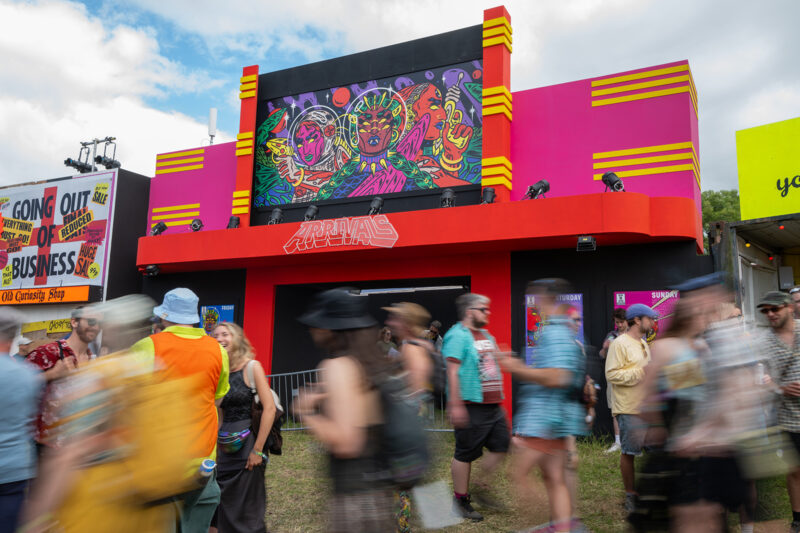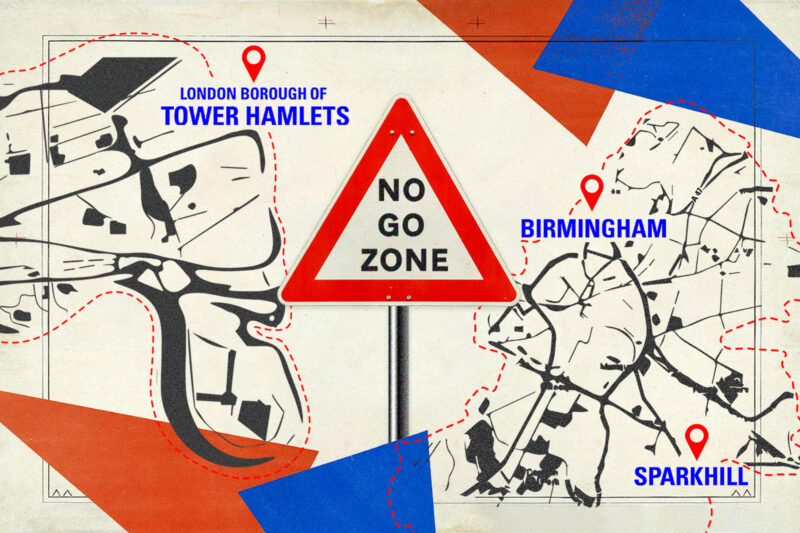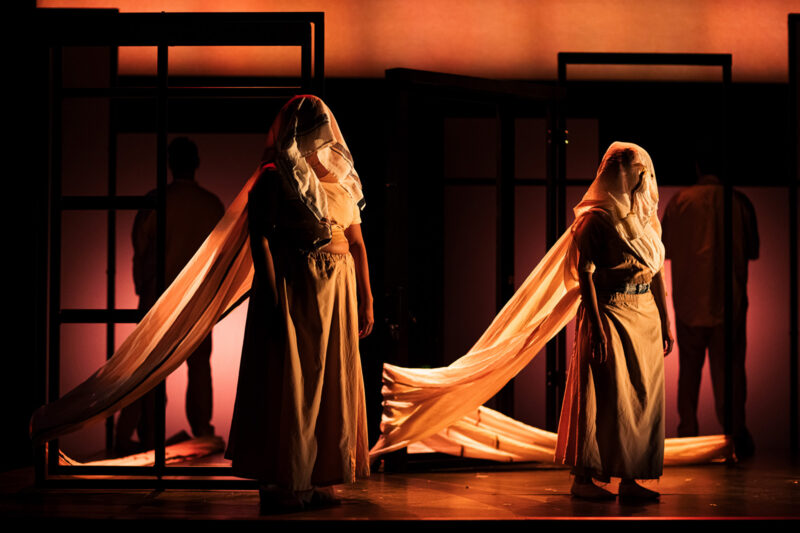Ignore the sham debate over multiculturalism — the UK is already diverse
Politicians might warn of the demise of ‘British values’, but across the UK, ethnic diversity is part of the fabric of everyday life
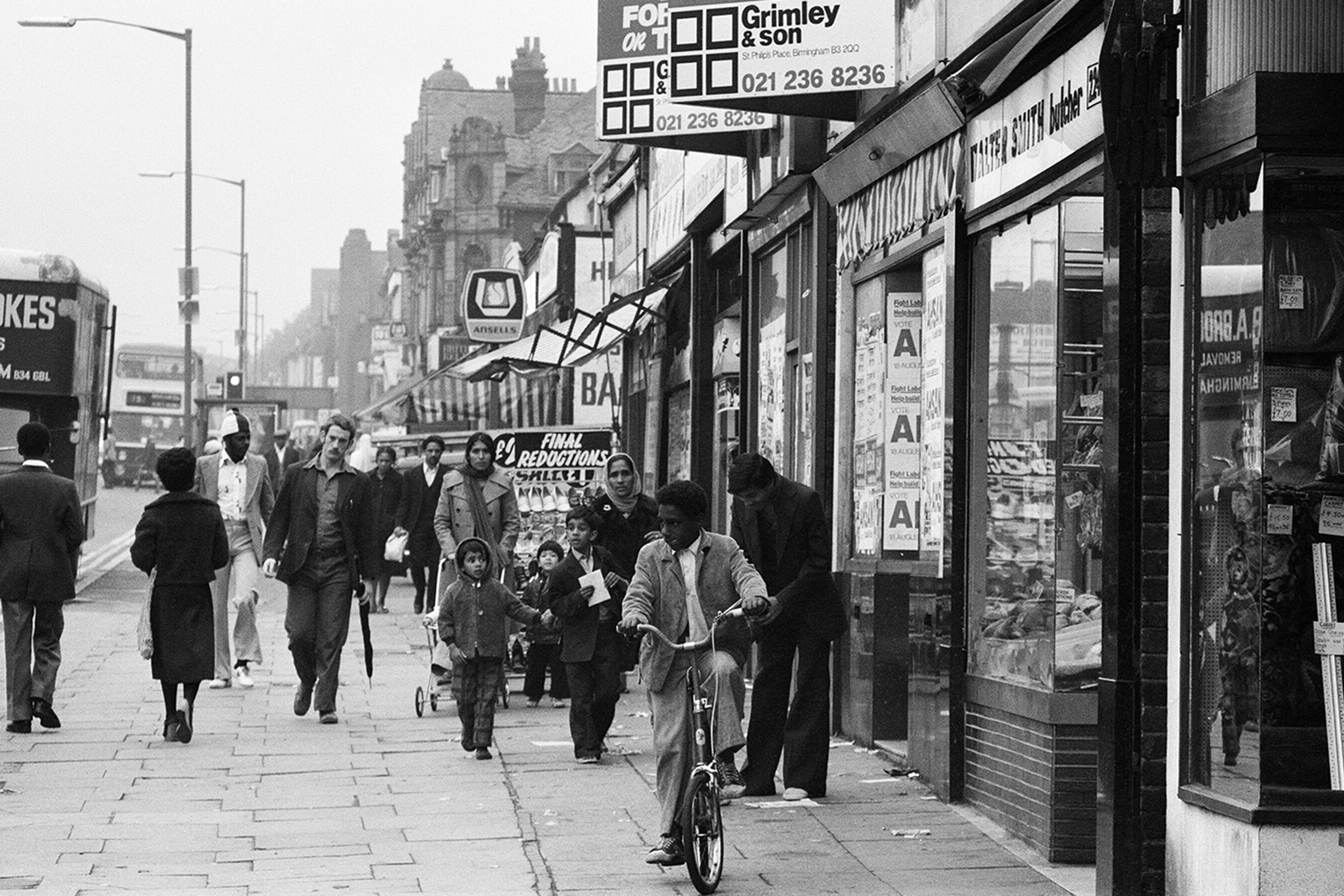
In inner-city Birmingham in the 1990s, we had our own way of conversing at school — a fusion of the local Brummie dialect, Jamaican patois and snippets of Punjabi. Hello became “wagwan” (“what’s going on?”), goodbye became “laters” and negotiations for chewing gum were often conducted in Punjabi. This urban polyglotism was a reflection of the multiple languages and idioms that many pupils were using at home, even if the Punjabi insults we used in the playground would be unrepeatable in English.
This is just one example of the way multiculturalism has become a hallmark of everyday life in modern Britain, away from the divisive and often inflammatory rhetoric on the issue that we so often hear from politicians. When we recognise multiculturalism as a social reality and not an ideology or a set of policies, we can better see how it is experienced across the UK, in our workplace, relationships, sport, culture, even in the food we eat.
I have recently published a book on the history of multicultural Britain. It took four years to research and write, and I travelled to those cities that have too often been overlooked in the story of how modern Britain became a multicultural nation — from Birmingham, where I grew up, to Cardiff, Nottingham and Bradford. What the book demonstrates is how Britain’s transition into a pluralistic and diverse society has come as a response to racism in all its forms — whether societal, institutional or political.
Politicians in the UK have long issued warnings of immigration as a societal threat. Enoch Powell demonstrated the potency of such narratives with his incendiary “Rivers of Blood” speech in 1968, declaring that “in this country in 15 or 20 years’ time the black man will have the whip hand over the white man”. In the furore that followed, Powell was promptly sacked from the Conservative shadow cabinet. Yet he received 100,000 letters of support from the public in just two weeks, an unprecedented level of support for a British MP.
Many of these attitudes can be ascribed to a lack of familiarity. In researching my book, I found that in 1942, one sociologist estimated that fewer than 5% of the population had even met someone from an ethnic minority background. By 2021, more than a third of the population of England were either migrants themselves, or had parents or grandparents born outside of the UK.
While British society has become ever more diverse since Powell’s speech over 50 years ago, politicians have periodically turned their focus to warnings about multiculturalism. For some, the term has become synonymous with concerns that traditional “British values” have become diluted. Figures from across the political spectrum — David Blunkett and David Cameron to Nigel Farage and Suella Braverman — have all suggested that multiculturalism has been a “failure”. Many have argued for measures, including citizenship tests, to bring about better “community cohesion”. These recommendations have too often been linked to policies like Prevent, the UK’s counter-terrorism programme, which stands accused of surveilling and harassing British Muslims.
But we would do well to remember that away from politics, there is another reality in the UK. Across Britain, ethnic diversity is now an everyday feature of modern life.
While this is most clearly seen in “super-diverse” cities like London, similar trends can be viewed in Birmingham and Leicester — which both recently became cities with majority ethnic minority populations. As these new social and religious ties continue to strengthen, it will not be long until both politicians and the public require a new language for talking about diversity.
It is also clear that ethnic diversity is spreading to new places — including towns that are rarely thought about as being hubs of multiculturalism. In 2011, for example, Milton Keynes, a post-war new town, had an ethnic minority population of over 26%, making it more diverse than a city like Birmingham was as recently as the 1980s.
At my school in inner-city Birmingham, the majority of pupils were either immigrants or the offspring of immigrants. Festivals like Eid or Diwali, or the practice of wearing henna or the kara, were not learned in the abstract in a religious education class. I found out about such things through conversations I had with my friends. I can still remember visiting a friend’s house to play computer games — his father showed me how Arabic is written and read from right to left.
Stories like these are now commonplace. Our lived experiences show that it is now the norm for friends and acquaintances to have rich and complicated stories to tell about their ancestral ties and family histories. As one resident of Birmingham I quote in my book put it: “I live in England, Mom’s from Ireland, my grandad’s from Ireland, my Dad’s from Jamaica … in my family, you’ve got everybody.”
As our familiarity with those who were once considered foreigners continues to grow, people’s attitudes have also changed. Take, for example, the issue of mixed-race relationships. It once provoked outbreaks of rioting, such as the violence that erupted in both Nottingham and the Notting Hill district of London in the summer of 1958. That same year, a Gallup poll showed that almost 75% of people disapproved of mixed-race relationships. According to a 2020 Ipsos Mori poll, that figure has dropped to 11%.
As the recent British Social Attitudes Survey showed, ever diminishing numbers of people now believe that where you were born matters when it comes to being “truly British”. Fewer than one in five think that having a Christian faith matters in this respect. Some 59% of people now believe that immigration is “very positive” for the UK economy, while 58% believe it “enriches Britain’s cultural life”.
With the racist riots that engulfed towns and cities across the UK in August still fresh in our minds, it may seem perverse to highlight the successful side of the UK’s status as a multicultural society. Yet we should not lose sight of the fact that over a relatively short period of time, British society has become irreversibly multicultural.
Politicians in Westminster have been far too slow to recognise the implications of these changes. Rather than continuing to fan the flames of division, the time has come for a new politics that celebrates Britain’s strength in diversity.
Kieran Connell’s book Multicultural Britain: A People’s History was published in August by Hurst.
 Newsletter
Newsletter


